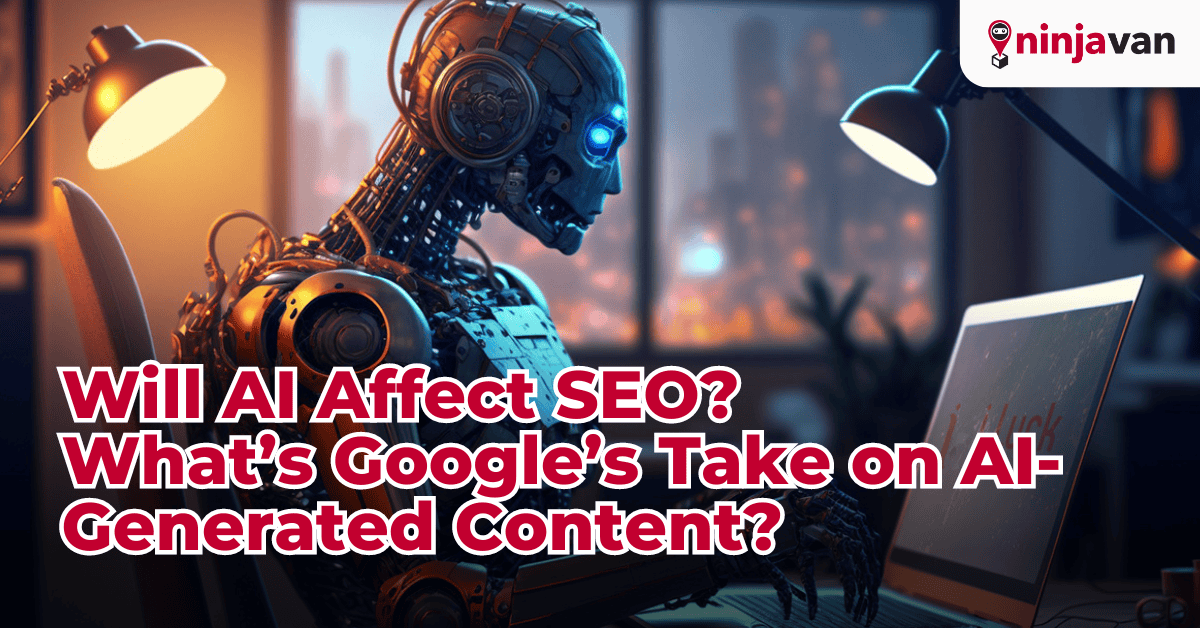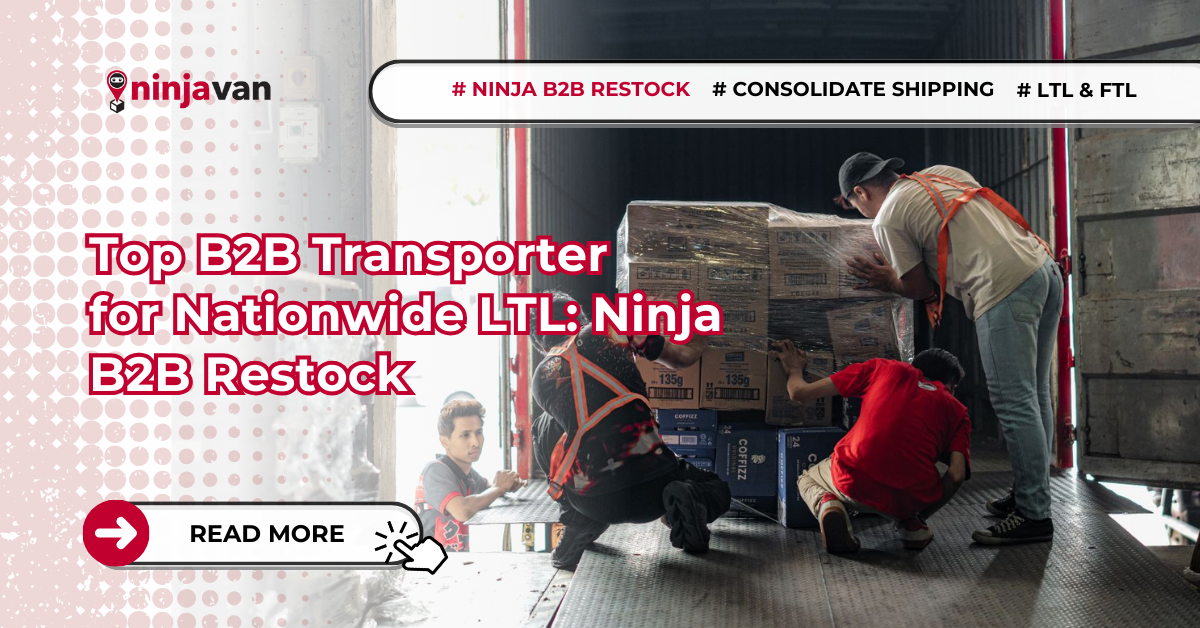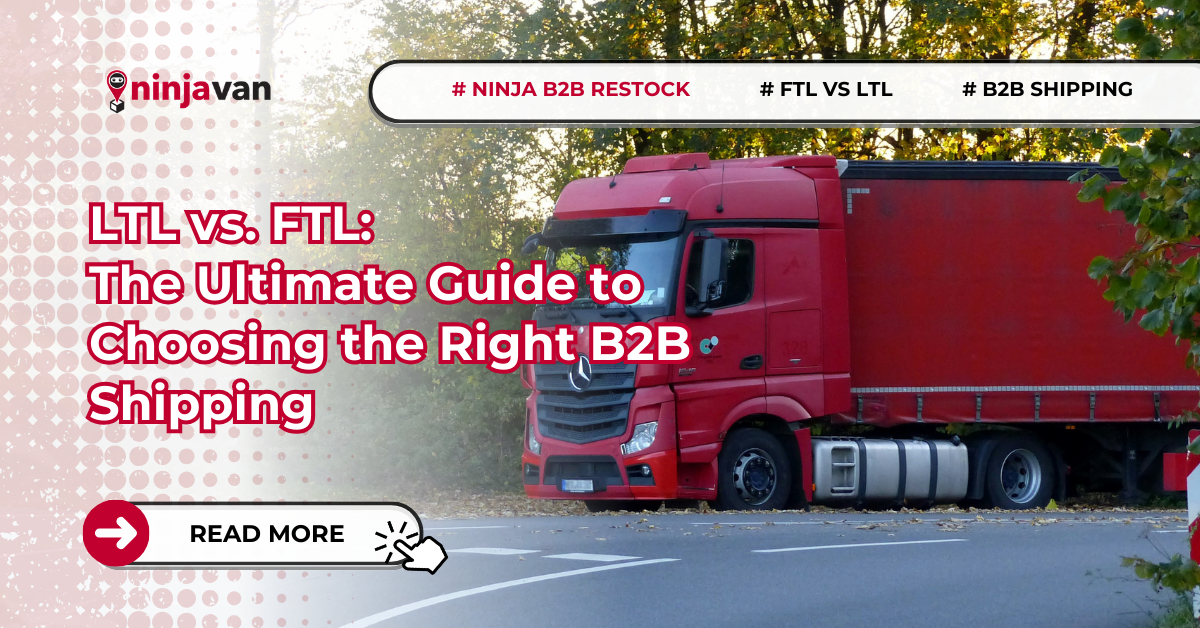Welcome to the era where artificial intelligence (AI) isn’t just a sci-fi fantasy but a real player in our daily internet hustle! If you’re knee-deep in the world of content creation, you’ve probably seen AI tools like ChatGPT turning up everywhere, revolutionising how we write and share information—not only for rookies but for seasoned pros alike.
But here’s the burning question—when it comes to posting content online, particularly on blog articles, will AI-generated content affect your search engine optimisation (SEO) ranking?
With that in mind, this article is going to cover what exactly AI-generated content is, what Google’s take on it is, and the impact of AI on SEO ranking.
What Exactly is AI-Generated Content?

Imagine a world where robots are writing blogs, social media posts, and yes, even poetry. That world isn’t in the far future—it’s now. AI-generated content is all about algorithms and machine learning models that have gorged themselves on vast amounts of existing content and learned how to mimic our writing styles.
Sounds cool, right? But with great power comes great responsibility, especially when it comes to SEO.
Google’s Take on AI-Generated Content

Now, if you’ve been sticking around, you’ll know that there has not been a leak about how Google’s algorithm works, or any search engine for that matter. It’s all estimations, which is why people used to “optimise” keywords by forcing them as much as possible into an article, even when it didn’t make sense! But Google doesn’t like that, and SEO strategists soon realised it.
Thus, in the current scheme of things, there are just these simple rules that are easy to follow: make it useful, make it unique, and make it high-quality. Everybody loves quality content! And when you provide something that adds value, people will generally stay on to read your blog longer, and that signals to search engines your site’s value.
So, coming back to AI-generated content, how does this measure up to Google’s standards?
- If your AI is popping out content that reads like it was written by a robot on a bad day, don’t expect to charm Google’s algorithms.
- But if your AI is more Shakespeare than shake-up, Google might just give you a thumbs up.
So to say, having AI-generated content posted on your website doesn’t automatically put you in the penalty box, but it needs to play by the same rules as human-written content. This means no cutting corners on quality!
Impact of AI on SEO: The Good and the Bad

The Good
What’s amazing about using AI in writing your content is its speed and volume, which we can only dream of achieving manually. What may take hours for us to research, analyse, and then put to writing may only take AI a few minutes, or even seconds.
The best part? You can even ask AI to identify optimal keywords for your article, ensuring your content is not only fast but also SEO-friendly right out of the gate!
The Bad
But not everything is perfect. Although AI can produce volumes of content, it sometimes churns out what’s known in the content profession as “thin content”—stuff that might look okay on the surface but lacks depth, insight, or even originality.
This is where Google, or any other search engines, draw the line. Low-quality content results in visitors who just scan and go, bouncing off your article faster than ever. This behaviour then signals to search engines that your content isn’t engaging or valuable, leading the algorithm to downgrade your site, ultimately hurting your SEO ranking more than helping it!
How to Optimise AI-Generated Content for Google

So, how do you make sure your AI-generated content is up to snuff? Here are some pro tips:
- Keyword Optimisation: As mentioned previously, AI tools are great for suggesting the right keywords. The trick is to weave those keywords naturally into content that really answers the questions your audience is asking!
- Quality Control: Always check AI-generated content for quality. Ensure it provides real value and isn’t just fluff. This confirms to search engines that your site is a trusted and authoritative source, enhancing your SEO performance.
- Human Touch: Blend AI efficiency with human creativity. Sometimes the best approach is a hybrid one, where AI drafts the content and we add the flair.
- Streamlining Content Promotion with AI: AI enhances content promotion by automating tasks and offering insights. Tools like Outbrain and Taboola use AI to display targeted content recommendations, expanding audience reach. By analysing user behaviour, these platforms deliver personalised suggestions, boosting engagement and click-through rates.
The Future of AI and SEO: What’s Next?

As AI continues to evolve, so too will Google’s algorithm! We’re likely to see even more sophisticated AI tools capable of generating content that’s not only high-quality but also tailored to your unique style—making it anything but generic.
The big question is, how will SEO adapt? So, stay agile, keep learning, and keep reading Ninja Van’s articles, where we bring you the latest trends and insights, especially if you’re a business owner looking to stay ahead of the curve!
Embracing the AI Revolution in SEO
To sum it up, AI-generated content is here to stay, and it’ll forever be a part of your SEO writing strategies, whether it’s for the good or bad. The keys here are to blend AI efficiency with human insight and your personalised tone, where you can craft high-quality content that is SEO-optimised efficiently!
Remember, in today’s digital world, content is still king! So, as AI continues to rewrite the rules, and the SEO algorithm forever ups its game, it’s up to us to adapt and innovate with our SEO and content strategies.







